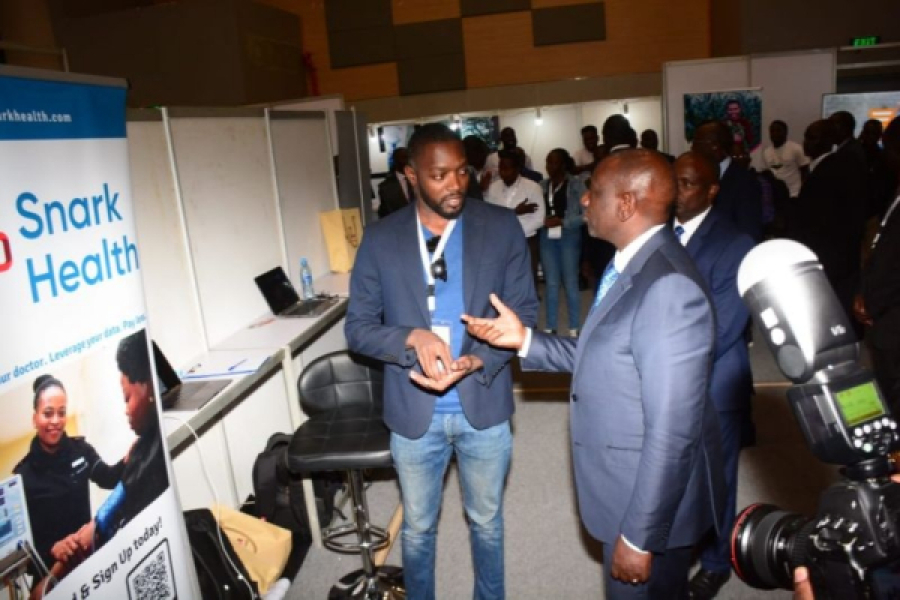Snark Health to empower healthcare access: Kenya’s innovative data-for-care solution

pioneering initiative is underway in Kenya to tackle the persistent healthcare accessibility issues among marginalized communities. A startup is offering patients the opportunity to exchange their personal data for essential medical services.
Belinda Adhiambo, a resident of Nairobi’s Kibera neighborhood, has faced challenges managing phantom limb pain since losing her leg at a young age.
Due to financial constraints, she has turned to Snark Health, a mobile application, where she can cover her medical expenses by consenting to the sale of her anonymized personal data to pharmacies.
«This app has been a game-changer for me. When I need medical attention for my phantom limb pain, I used to worry about the costs. Now, with Snark Health, I can simply check in with Db. Nick during his consultation hours, and the app takes care of the fees through data sales», she explains.
Today, Adhiambo has a consultation scheduled with an orthopedic specialist who is part of the platform.
These healthcare providers receive a percentage of the revenue generated from the sale of data belonging to financially challenged patients.
Dr. Nick Were, an orthopedic surgeon utilizing the app, shares his experience: “Using Snark Health” has revolutionized my practice.
I can manage my availability on the platform, ensuring efficient scheduling and reduced wait times for patients. It’s a win-win situation—I provide care, and the app compensates me.”
In a country where a significant portion of the population lives below the poverty line, leveraging medical data for healthcare access has become a viable solution.
Snark Health’s founder, Edwin Lubanga, emphasizes the program’s anonymity and transparent compensation model, offering patients a choice between participating in data monetization or traditional payment methods.
While this innovative approach has shown promise, concerns persist regarding data privacy and security. Nonetheless, Snark Health continues to bridge the gap between medical needs and financial barriers, marking a positive step toward inclusive healthcare in Kenya.
Source: Africanews











